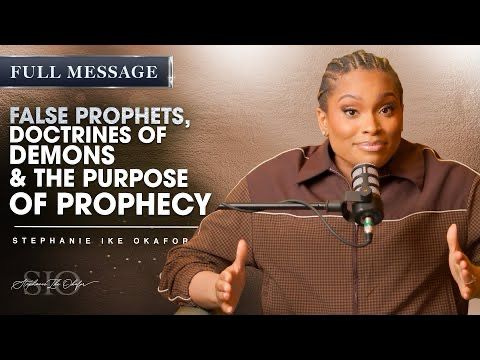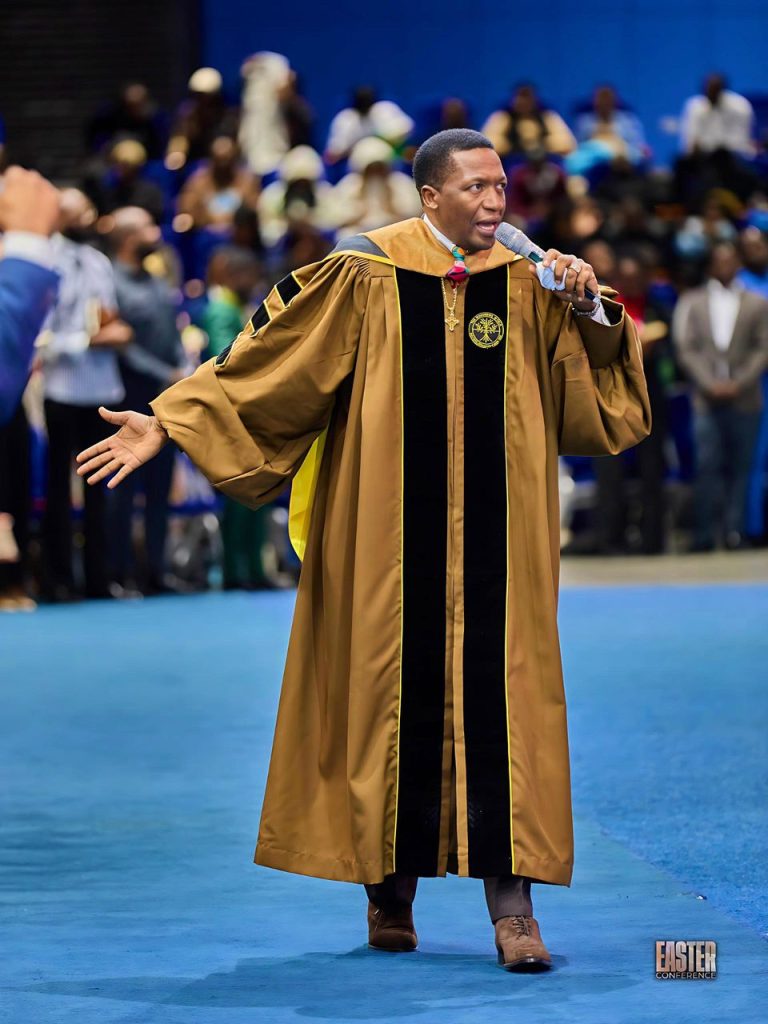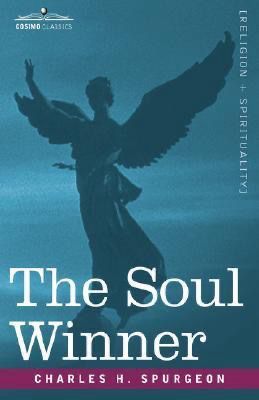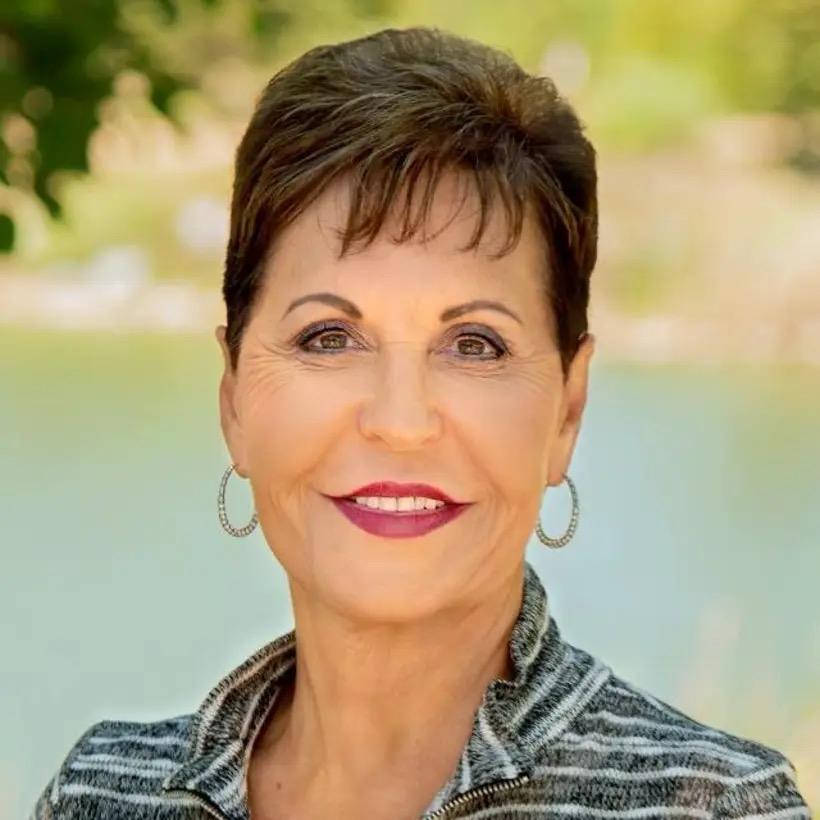Pastor and author Stephanie Ike Okafor is under fire following comments she made in a recent Q&A session, where she took aim at a familiar hallmark of many prophetic ministries: the call-and-response style declaration of, “Can I prophesy?”

Okafor, who serves as a pastor at The Potter’s House at One LA and is widely recognized for her 2024 book The Power of Your Dreams, claims that such moments often followed by an energetic “Prophesy! Prophesy!” from supporters—represent a dangerous shift from true spiritual practice to performance. She characterized the behavior as hype, implying that these public affirmations cheapen prophecy and pressure ministers to speak from emotion rather than the Spirit.
But critics argue that Okafor’s assessment misses the mark. For many prophetic leaders such as Prophet Uebert Angel, argue that these moments of vocal affirmation are not empty theatrics, they are expressions of spiritual agreement, faith, and readiness to receive. The call to “prophesy” is seen not as encouragement to perform, but as recognition that the Spirit of God is about to speak.

Prophet Angel argues that Okafor’s argument has no scriptural backing and that many men and women of God have managed to prophesy without using the phrase, “Can I prophesy” including himself. Prophet Angel who has thousands of fulfilled international prophecies that have come to pass without using the phrase state that Pastor Stephanie Ike Okafor’s new circle of influence are dragging her down the wrong path of ministry and her influencing her judgement.
During the recently held Easter Conference at The Harare Hippodrome, Prophet Angel explained that prophecy was simply a tool used to boost people’s faith and not a means to receive a miracle.
“You will never get a miracle by prophecy, you get a miracle from Jesus Christ but prophecy raises your faith” – Prophet Uebert Angel
“She’s trying to intellectualize something deeply spiritual,” one online commenter noted. “You can’t call something demonic just because you don’t understand it, seek for clarity.”
Moreover, other prophetic ministers are pushing back on the suggestion that they need hype to operate. “You think a prophet needs a hype man to hear God?” one minister said in response. “We don’t do it for applause. We do it because we’ve been sent.”
Why Okafor’s Critique Misses the Mark
In dismissing the call-and-response of “Can I prophesy?” as mere spectacle, Stephanie Okafor overlooks the very heart of a living, communal faith. For countless congregations around the world, the energetic affirmation of prophecy isn’t empty hype, it’s an act of spiritual solidarity, a collective cry of “We’re ready to hear God.” By branding these moments as performance, Okafor risks silencing the vibrant expressions that draw people into deeper encounter and expectation.




